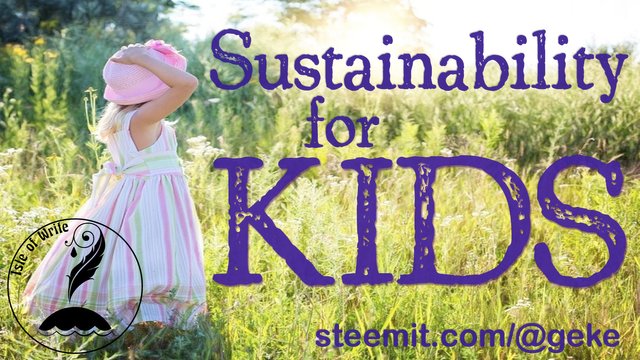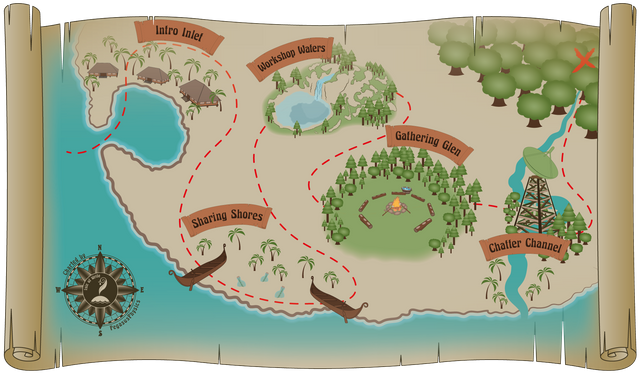Sustainability for Kids: eco health as capital

Part 1 | Part 2 | Part 3 | Part 4 | Part 5 | Part 6 | Part 7 | Part 8 | Part 9 | Part 10 | Part 11 | Part 12 | Part 13 | Part 14 | Part 15 | Part 16 | Part 17 | Part 18 | Part 19 | Part 20 | Part 21 | Part 22 | Part 23 | Part 24 | Part 25 | Part 26 | Part 27 | Part 28
Guillaume Chapron, writing for Nature, describes a few ways that blockchain governance might help solve sustainability issues. Three areas he focuses on are ownership, traceability, and incentives.
For example, in Ghana and Honduras, registries of land titles are now being logged on the blockchain to prove ownership. A certificate stating ownership can be time-stamped and housed on the blockchain and its authenticity can be proved by providing a document that returns the same blockchain hash.

Why does ownership matter? Chapron points out that having provable ownership on the blockchain could prevent land grabs by corrupt corporations and governments, especially when the land is remote and the local populations don't have paper records.
And while the blockchain can log ownership of things that don't move, it can also trace things that do move. A company called Provenance has used the blockchain and “smart tagging” in a pilot to track tuna fish caught by fishermen with verified social sustainability claims.
The Provenance pilot was successful in tracking responsibly-caught fish along the supply chain without a centralized data management system. This would be a useful add-on to the system we described in this series yesterday of managing threatened fish populations on the blockchain.
Another way to tap the blockchain's ability to track would be logging a company's use of water, energy, or raw materials. The overall environmental impact of companies could be recorded on the blockchain and sustainable behavior could be publicized and rewarded.
But probably the most exciting idea Chapron shared in his article was that cryptocurrency on the blockchain is a game changer when it comes to providing incentives for conservation rather than consumption. Those incentives become more clear when we look at the value of a healthy ecosystem.
We're used to seeing things like factories and cattle as economic “capital.” Earlier in this series we learned that capital is made possible through our savings and lack of consumption. What if we started to look at something like a healthy ecosystem as “capital”? Maybe we need to start looking at it that way! A healthy environment is an economically valuable thing.

So imagine a community in the rain forest receiving payment in cryptocurrency for meeting conservation targets. Because remote locations lack traditional banking infrastructure, cryptocurrency is likely the only form of payment they could accept from traditional funding sources. And the healthier their ecosystem became, the more valuable their “capital” would be.
Whether these efforts were publicly or privately funded, the blockchain would also add a level of security, ensuring that the money was paid to these communities on time and not siphoned off or re-allocated.
Environmentalists have tended to view a healthy environment as being at odds with the world's economic activity. After all, most pollution comes about because an industry is producing something. But the blockchain may provide a new way of looking at our sustainability problems. It isn't capitalism causing consumption imbalances. And maybe capitalism on the blockchain – decentralized market forces – can be unleashed solve it.
This article is one of a series I'm writing for the 30 Day Writing Challenge hosted by @dragosroua. If you want to join, write on a topic that interests you or that you'd like to learn more about and use the tag #challenge30days. As Dragos says, "The key word sequence here is: "write every day."

Think you'd like to wash up on our shore?
The treasure map will bring you right to our door!


I like the way you think! We are all about sustainability.
Okay...But on the block chain.... What if the data is input wrong or cheated before input. Isn't it only dependable if the first entry is true!? How do you handle lieing or cheating by bad people?
That's a great question... I might try to answer that in a post sometime in February, but I'd love to see what answer you come up with, too!